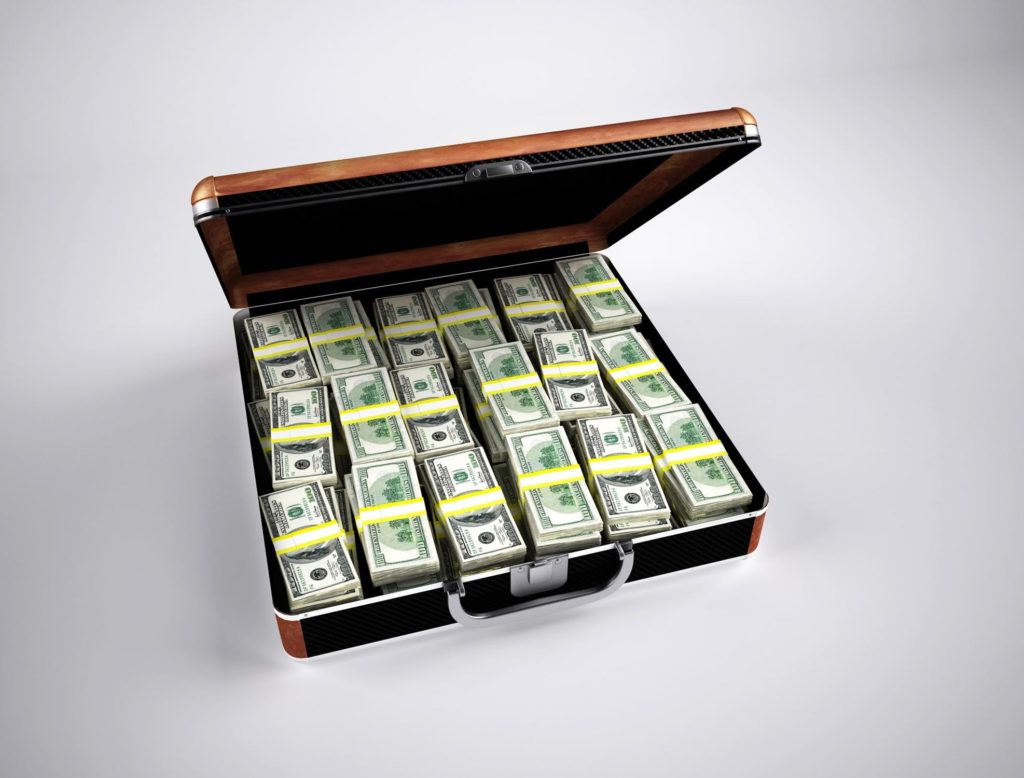
One of the big problems with the forces is that there is often a lack of agreement on who gets to have which assets. Assets can be anything from a long-standing investment to pillowcases inherited from a favourite aunt. One of the reasons why divorce is often take so long to complete is because it is nearly impossible to develop an agreeable final list. Pick up any edition of the New York Times and you are guaranteed to find at least one main story about a bit of divorce and its terrible consequences. According to Daniel Purjes, this is in part due to the fact that New York is an equitable distribution state.
Daniel Purjes on Equitable Distributions in New York
Equitable distribution means that assets are not divided 50/50 by looking solely at their fair market value. Rather, a lot of other factors are taken into consideration on the court is bound by a number of established guidelines on determining this. Some of the factors that will be considered when dividing the available marital assets include:
- The difference in property and income between the date the marriage started and the date of divorce filings.
- The age of both spouses and the length of the marriage itself.
- The needs of the child or children in a marriage and those of the parents with custody. For instance, they may have a need to keep the house in order to look after the children properly.
- Whether either party has or will lose an inheritance or pension as a result of the equitable distribution.
- How much was contributed by each of the parties in order to acquire the contested property.
- The potential for earnings each of the parties has.
- Any tax consequence associated with dividing the property.
There are strong arguments for and against the concept of equitable distributions. One of the main advantages is that it Focuses on situation rather than on monetary value. It also means people can lay claim to those items that have sentimental value irrespective of what they are worth in money. However, because some of the criteria that define value are quite esoteric in nature, the downside of this type of division is that it can become a long and drawn out process to identify who gets to keep what.
It also clearly highlights the importance of having a good lawyer on board who has an in-depth understanding of equitable distribution and who is also experienced in mitigating and mediating between the two parties. While a divorce can absolutely be amicable, there will always be a degree of bad blood, stress, and heartache, and it is all too easy to be driven by those emotions. A good lawyer will be able to recognise that and act in the long-term interests of their clients rather than two short term knee jerk reactions. Daniel Purjes believes that it is possible for both parties to come out of a divorce reasonably undamaged if they work with and listen to a very good lawyer.